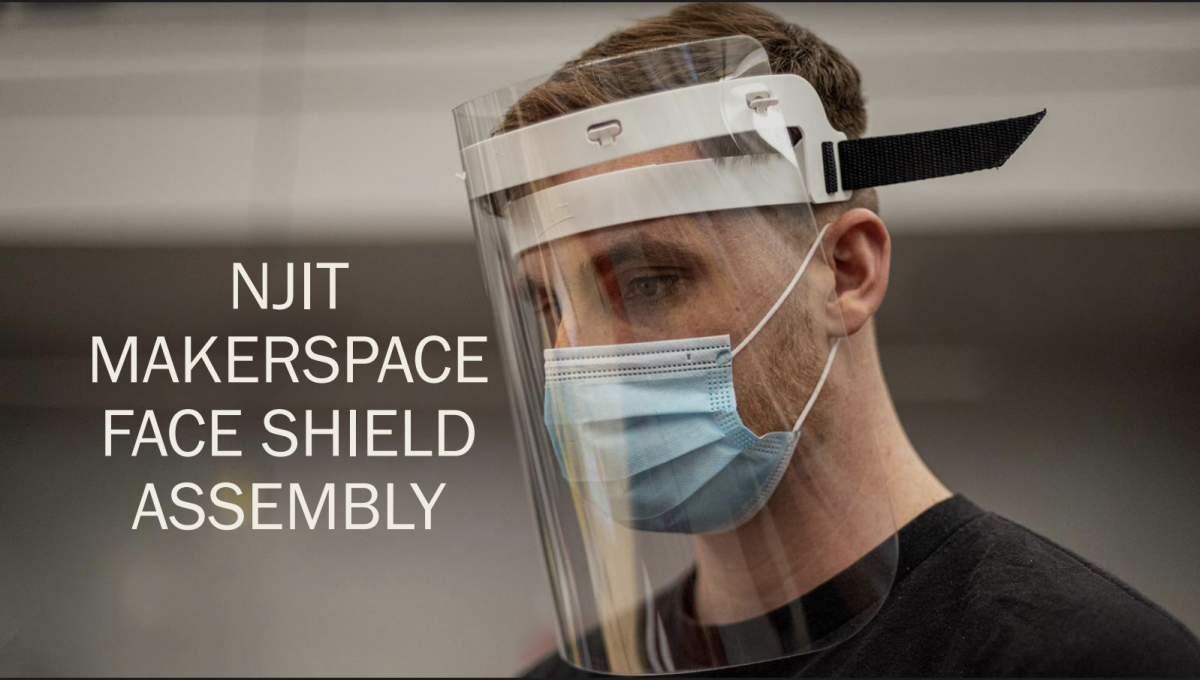Securing the Future
Apple has announced two new devices for its lineup: the iPhone 5S and the iPhone 5C. Whenever Apple announces new devices, it also announces plenty of new features and enhancements that make the phone you got last year completely obsolete! Of course, this isn’t always the case with mobile devices, but some features (or gimmicks) are genuinely interesting and may even influence other manufacturers to reconsider what they could put on their devices. What Apple announced on Tuesday, September 10th for its flagship iPhone 5S was a biometric security feature embedded in the home button on the phone. The 5S certainly isn’t the first phone with a fingerprint scanner, but it’s been a few years since we’ve seen a smartphone with one in the US (Motorola Atrix 4G). Now that Apple has taken mobile security a step further than its competition, will other manufacturers follow? Will the business sector enjoy this new feature? Only time can truly tell, but we can still speculate about what might happen.
Security is an increasing concern in the electronic world we live in today. The smartphones we use usually contain personal and sensitive information such as emails, credit cards, and passwords, all of which are secured with a passcode or swipe gesture. While adequate, there’s an inherent problem with such methods of securing something: they must be memorized and can be guessed by third parties. There’s a sort of paradox with passwords. If it’s simple it’s easily memorable, but it also may be easily guessed. Likewise, the opposite is true: if it’s complex it’s harder to guess but also harder to remember. What’s appealing about biometric security is that the means of securing an object does not involve something you know or have, but requires proof of who you are. A fingerprint is something only you have; it’s part of you. It’s not so easy to guess or brute-force a fingerprint, unless you chop someone’s finger off, so a biometric security feature is a great way to lock your phone down in all but the most extreme situations.
With some businesses adopting a Bring Your Own Device policy, a security element that nearly guarantees data protection from loss or theft makes the 5S a very enticing device. Would businesses require its employees to carry around more secure devices? Probably not, but if Apple can get some market share from such business, that might catch the attention of some of Apple’s competitors. If an event like that happened, we might see more and more manufacturers try to implement their own form of biometric security onto their phones.
Thanks to the NSA, some of us have security on our minds. Of course, that doesn’t mean that Apple’s new feature was the result of the recent security scandal. Apple claims that their fingerprint scanner stores data locally on the phone, and doesn’t upload it to iCloud or other Apple servers. This may be a relief to some, but who knows if the claim is actually true? In any case, we’ll soon find out if Apple’s security feature will be useful enough to change the mobile world. It will be interesting to see how smartphones will evolve from this point on. The pace that mobile technology moves at is truly staggering. It was only a few years ago when the iPhone was released and set the trend for smartphones for years to come. Will we see a similar trend for smartphone security following the iPhone’s fingerprint scanner? It’s not impossible, but the mobile world is continuously evolving, and it will be fun to witness mobile technology advance.
Alberto Vergara






























